
Where are the politics of Bafana Bafana?
While most sports in South Africa are inseparable from the national political imagination, men's football manages to stay relatively removed.

While most sports in South Africa are inseparable from the national political imagination, men's football manages to stay relatively removed.
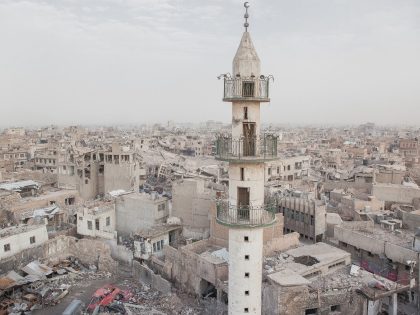
From Iraq to Gaza, empire no longer needs to annihilate populations when it can dismantle the very structures that make collective life possible.

Francesca Albanese’s visit to South Africa exposed a truth we prefer not to face: that our moral witness has hardened into ritual. We watch, we clap, we call it solidarity.
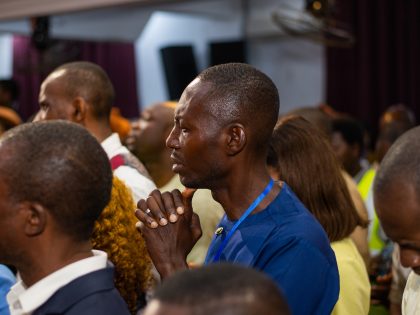
Far-right and pro-Israel actors are recasting Nigeria’s insecurity as sectarian extermination to distract from Palestine.
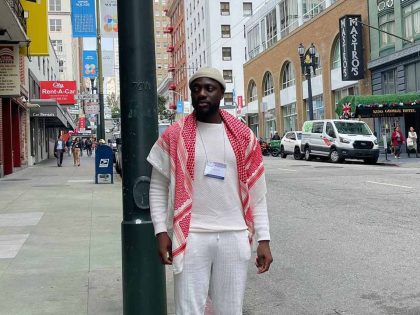
Hounded out of the United States for his pro-Palestine activism, Momodou Taal insists that the struggle is global, drawing strength from Malcolm X, faith, and solidarity across borders.
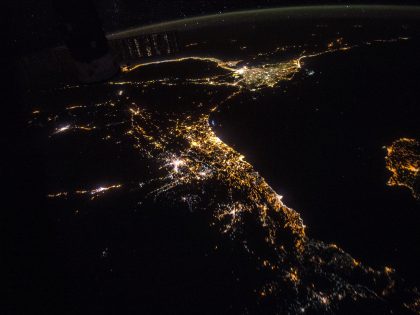
From Gaza to Africa, colonial cartography has turned land into property and people into populations to be managed. True liberation means dismantling this order, not redrawing its lines.

The ‘Sumud’ convoy from Tunis to Gaza is reviving the radical promise of pan-African solidarity and reclaiming an anticolonial tactic lost to history.

While FIFA swiftly banned Russia from competition, it continues to delay action on Israel—revealing the politics behind football’s so-called neutrality.

As students face repression for protesting genocide, universities must decide: will they defend freedom or enforce silence?

In his debut novel, Thaer Husien remixes genre and takes readers on a psychedelic ride through a dystopian yet disturbingly familiar future Palestine.

Despite South Africa’s ban on arms exports to Israel and its condemnation of Israel’s actions in Palestine, local arms companies continue to send weapons to Israel’s allies and its major arms suppliers.
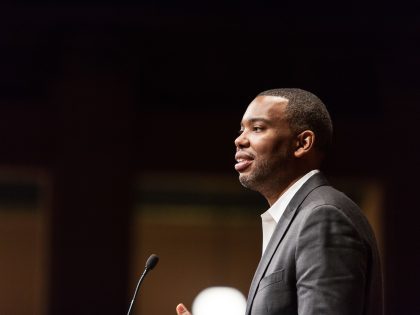
The debacle around Ta-Nehisi Coates' latest book shows us that no matter a writer's individual acclaim, the liberal media establishment will never tolerate anything that fundamentally challenges its racist edifice.

Without an immediate halt to US arms to Israel, it’s hard to see why Israel should stop slaughtering civilians in Gaza and Lebanon.

In 1973, Josie Fanon interviewed then-ANC president Oliver Tambo about Israel and apartheid South Africa. Originally printed in French, it is now available in English for the first time.

En 1973, Josie Fanon a interviewé Oliver Tambo, alors président de l’ANC, à propos d’Israël et de l’apartheid en Afrique du Sud. Il est désormais disponible pour la première fois depuis sa publication originale.

What would Fanon say about the ongoing genocide in Palestine?

Although Lula da Silva called Israel’s war against Palestinians a genocide, the Brazilian president is yet to follow that up with concrete action.

Embora Lula da Silva tenha chamado a guerra de Israel contra os palestinos de genocídio, o presidente brasileiro deve avançar em ações concretas para enfrentá-lo.

There is a particular historical pattern of colonial settler genocide that links Africa to Palestine.

Reflections on the 16th edition of the Sharjah Art Foundation’s annual March meeting.